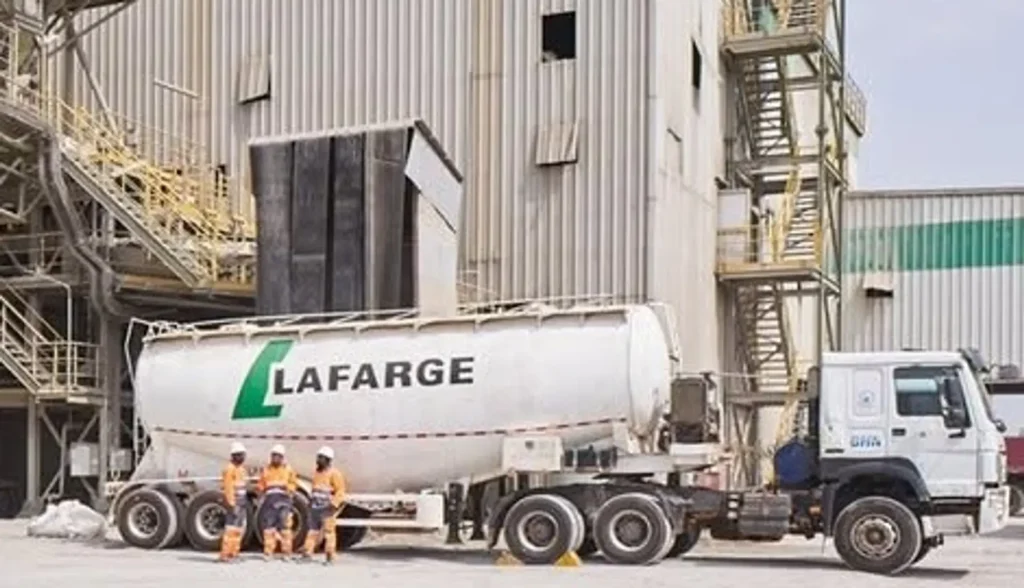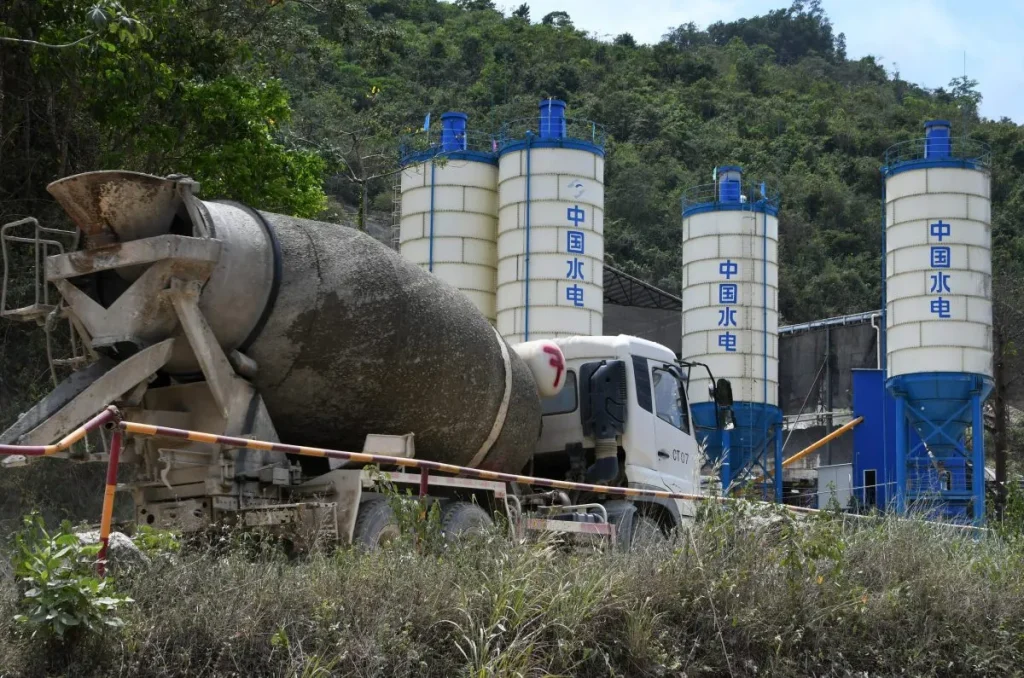With real-estate investment in China in freefall, Chinese cement makers are looking elsewhere. And one manufacturer is aggressively expanding its footprint in a market half a world away, capitalising on that continent’s growing infrastructure needs. The continent is not America. It is Africa.
Huaxin Cement, one of China’s largest cement makers, is expanding its African market by investing in Nigeria, Africa’s most populous country.
Huaxin is taking advantage of an opportunity created by Swiss cement maker Holcim, which has announced plans to divest its Nigerian operations by selling its nearly 84% stake in Lafarge Africa.
Holcim recently signed an agreement with Huaxin Cement Ltd to sell its 83.81% shareholding in Lafarge Africa PLC at an equity value of US$1 billion on a 100% basis. The transaction is expected to close in 2025, subject to regulatory approvals.
“Leveraging the knowledge and experience of the management and staff of the company (Lafarge Africa), combined with our experience gained from the operation of more than 60 cement plants, and other businesses, in 12 countries – including 7 in Africa – we will devise plans for the further growth of Lafarge Africa,” said Huaxin Cement Vice President, Gang Xu.
The Nigeria deal follows an earlier purchase by Huaxin in 2021 of a majority stake in Holcim’s Zambian operations and Lafarge Cement Malawi, as well as South Africa’s Natal Portland Cement Company in 2023.

In November, Hauxin reported the start of trial production at a 3,000-ton-per-day clinker production line of the Nacala Plant of Huaxin Mozambique Cement Company after taking over the project in December 2023.
Lafarge Africa Plc Chairman, Gbenga Oyebode, said the latest deal will further solidify Lafarge Africa’s position as a leading contributor to Nigeria’s infrastructure and economic growth.
“Nigeria’s market holds vast potential with its positive growth indices, increasing urbanization, and infrastructure demand. We remain committed to leveraging these opportunities while maintaining our focus on sustainability and innovation,” said Oyebode in a statement.
Expert Market Research, in its Sub-Saharan Cement Market Outlook 2024-2032, also shares these sentiments, affirming that high population growth coupled with an increased trend of urbanisation in Africa are pushing up the demand for housing, commercial buildings, and infrastructure development, creating a substantial need for cement.
“Sub-Saharan Africa has been attracting significant foreign direct investment in various sectors, including construction and infrastructure. Foreign companies and investors bring capital and technology to the region, contributing to developing large-scale infrastructure initiatives and increasing cement consumption,” the research firm said in the outlook.
Expert Market Research has listed Nigeria, South Africa, Kenya, Ghana, Botswana, Zimbabwe, Rwanda, and the Democratic Republic of the Congo as some of the major cement markets on the continent.
These countries have multi-billion-dollar infrastructure investment projects, including investments in ports, railways and renewable energy under China’s Belt and Road Initiative, with several countries also aggressively pursuing government-backed affordable housing programs.
For instance, in Nigeria, the Lekki Deep Sea Port is a multi-purpose deep sea port that began commercial operations in April 2023, with a design capacity for handling 1.2 million standard containers annually. Another big project is the Lagos-Kano Railway.

In Kenya, China is funding the ongoing expansion of Standard Gauge Railway, which is expected to link Kenya with Uganda, while a mega affordable housing project targeting to put up 500,000 housing units is underway- all seen driving up demand for cement in the market.
“The company will further reduce costs and increase efficiency, and continue to improve its market competitiveness and brand influence with high-quality products and services, injecting strong momentum into Huaxin’s business expansion in Africa,” said Huaxin on its website.
Huaxin will compete with major local brands in Nigeria, such as Dangote Cement and BUA Cement. The aggressive expansion to gain a larger share of the African market is reflected in the dwindling fortunes of cement makers in China.
Demand in the Chinese construction material industry has been declining, mainly attributed to the downtrend in the domestic real estate industry, with the National Bureau of Statistics of China showing Real estate investments in the Asian nation fell by 10.3% to US$1.18 trillion (8,630.9 billion yuan) between January and October of 2024 compared to the same period in 2023.
China Cement Association, in its China Cement Industry Briefing Jan-Oct 2024, shows the country’s cement production recorded an annual drop of 10.3% to 1.501 billion tons.
Conrad Onyango, Bird Story Agency


